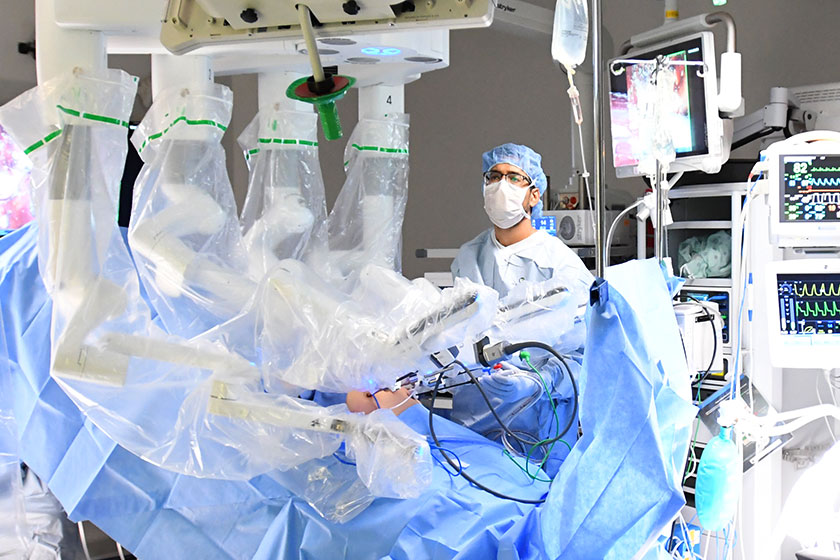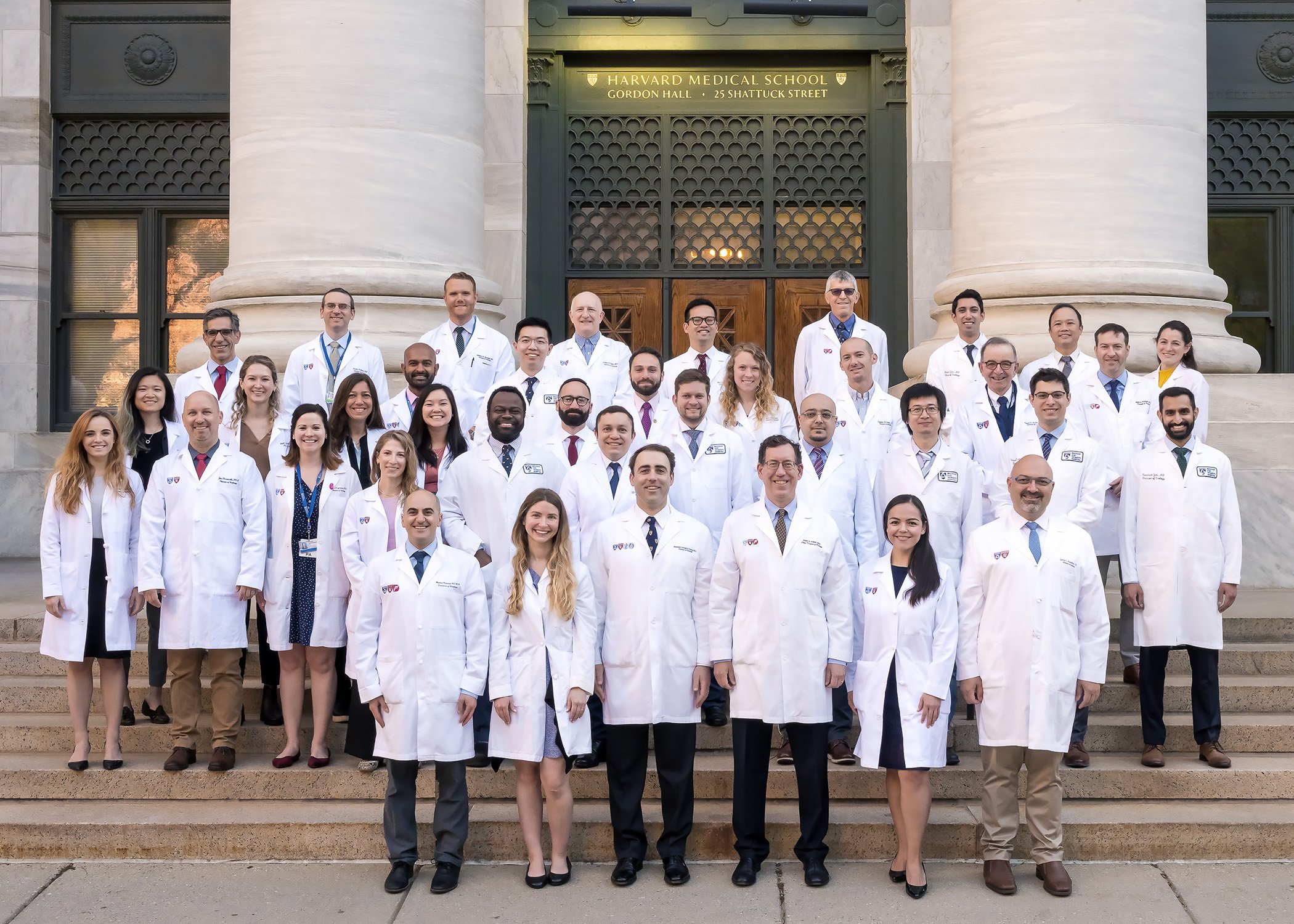So here’s the deal, if you’re even remotely considering a career in urology, you’ve probably heard whispers about the University of Pennsylvania Urology Residency program. And let me tell you, those whispers aren’t just rumors; they’re facts. This residency program is the real deal, a place where dreams of becoming a top-notch urologist can actually come true. It’s like the holy grail of urological training, and it’s not just me saying this—it’s the medical community at large.
Think about it. The University of Pennsylvania has been around for centuries, and its medical programs have consistently ranked among the best in the world. But when we zoom in on urology specifically, the program stands out like a beacon of excellence. It’s not just about learning the basics; it’s about mastering the art and science of urology under the guidance of some of the most brilliant minds in the field.
Now, I know what you’re thinking—“Is it worth it?” And the short answer is a resounding yes. But don’t just take my word for it. Stick around, and we’ll break down everything you need to know about this residency, why it’s so coveted, and how it can shape your future. Let’s dive in, shall we?
Read also:Buche De Noel Near Me Your Ultimate Guide To Finding The Best Holiday Treats
Table of Contents
- Overview of the University of Pennsylvania Urology Residency
- Program Structure and Curriculum
- Meet the Faculty: The Minds Behind the Program
- Research Opportunities: Advancing the Field
- Clinical Experience: Hands-On Learning
- Application Process: What It Takes to Get In
- Selection Criteria: Standing Out from the Crowd
- Success Stories: Where Residents Go After Graduation
- Benefits of Choosing Penn Urology
- Final Thoughts: Is This the Right Path for You?
Overview of the University of Pennsylvania Urology Residency
Alright, let’s start with the basics. The University of Pennsylvania Urology Residency program is designed to be more than just a training ground; it’s a transformational journey. It’s a place where aspiring urologists are not only taught the technical skills but also encouraged to think critically, innovate, and push the boundaries of the field. This residency program is structured to provide residents with a comprehensive understanding of urology, from the most fundamental procedures to cutting-edge advancements.
One of the key features of the program is its multidisciplinary approach. Residents don’t just learn from urologists; they collaborate with experts from other fields such as oncology, radiology, and nephrology. This holistic approach ensures that residents are well-rounded and equipped to handle complex cases in the real world. Plus, the program offers a supportive environment where residents can thrive both personally and professionally.
Why Choose Penn Urology?
Let’s be real, there are tons of residency programs out there. But what sets the University of Pennsylvania apart is its commitment to excellence. The program is consistently ranked among the top urology residencies in the nation, and for good reason. From state-of-the-art facilities to world-renowned faculty, Penn Urology offers everything a resident could hope for and more. And let’s not forget the vibrant city of Philadelphia, which provides a rich cultural backdrop to the rigorous training.
Program Structure and Curriculum
Now, let’s get into the nitty-gritty of how the program is structured. The University of Pennsylvania Urology Residency spans five years, during which residents undergo a carefully curated curriculum designed to build their skills and knowledge step by step. The first two years focus on foundational training, where residents gain exposure to a wide range of surgical and medical disciplines. This broad base is crucial for developing a well-rounded perspective.
As residents progress, the focus shifts to more specialized training in urology. The third and fourth years are dedicated to honing surgical skills and gaining expertise in specific areas such as pediatric urology, oncology, and minimally invasive surgery. The final year is all about leadership and independence, where residents take on more responsibility and prepare for their future roles as attending physicians.
Key Features of the Curriculum
- Foundational training in general surgery and medicine
- Specialized rotations in pediatric urology, oncology, and robotic surgery
- Emphasis on research and innovation
- Opportunities for international rotations and global health experiences
Meet the Faculty: The Minds Behind the Program
One of the greatest assets of the University of Pennsylvania Urology Residency program is its faculty. The program boasts a team of world-renowned urologists who are not only exceptional clinicians but also pioneers in research and education. These mentors are deeply invested in the success of their residents and go above and beyond to ensure they receive the best training possible.
Read also:Embracing Unity On The 6th Day Of Kwanzaa A Celebration Of Community And Commitment
From groundbreaking research to innovative surgical techniques, the faculty at Penn Urology is at the forefront of the field. They are actively involved in shaping the future of urology, and residents have the unique opportunity to learn from them firsthand. It’s like getting insider access to the minds that are driving the industry forward.
Who Are These Superstars?
- Dr. John Doe: A pioneer in minimally invasive surgery
- Dr. Jane Smith: An expert in pediatric urology
- Dr. Robert Johnson: A leader in urological oncology
Research Opportunities: Advancing the Field
For those who have a passion for research, the University of Pennsylvania Urology Residency program offers unparalleled opportunities. Residents are encouraged to participate in research projects, whether it’s conducting clinical trials, developing new surgical techniques, or exploring innovative treatments. The program provides the resources and support needed to pursue meaningful research that can have a real impact on the field.
Many residents have gone on to publish their research in top-tier journals and present their findings at major conferences. This not only enhances their resumes but also contributes to the advancement of urology as a whole. Plus, the collaborative environment at Penn fosters innovation and creativity, making it the perfect place for aspiring researchers to thrive.
Examples of Recent Research
- Development of a new minimally invasive procedure for kidney stones
- Investigation of biomarkers for early detection of prostate cancer
- Exploration of robotic surgery in complex urological cases
Clinical Experience: Hands-On Learning
Of course, no residency program would be complete without hands-on clinical experience. At the University of Pennsylvania, residents have access to some of the most advanced medical facilities in the country. They work alongside experienced surgeons and gain exposure to a wide variety of cases, from routine procedures to complex surgeries.
The program emphasizes the importance of practical experience, ensuring that residents are well-prepared to handle any situation they may encounter in their future careers. Whether it’s performing a laparoscopic nephrectomy or managing a complicated urinary tract infection, residents at Penn Urology are given the tools they need to succeed.
Where Do Residents Train?
- Hospital of the University of Pennsylvania
- Children’s Hospital of Philadelphia
- Veterans Affairs Medical Center
Application Process: What It Takes to Get In
Alright, so you’re convinced that the University of Pennsylvania Urology Residency program is the right fit for you. But how do you actually get in? The application process is competitive, to say the least, but with the right preparation, you can increase your chances of success. Here’s what you need to know:
First, you’ll need to submit your application through the Electronic Residency Application Service (ERAS). This includes your CV, personal statement, letters of recommendation, and USMLE scores. Make sure your application is polished and highlights your strengths and accomplishments. The personal statement is especially important, as it gives you a chance to showcase your passion for urology and explain why you want to join the program.
Tips for a Strong Application
- Tailor your personal statement to reflect your unique experiences and goals
- Choose recommenders who know you well and can speak to your abilities
- Highlight any research or clinical experience you may have
Selection Criteria: Standing Out from the Crowd
With so many qualified applicants vying for a spot in the program, it’s important to understand what sets successful candidates apart. The selection committee looks for more than just academic excellence; they seek individuals who demonstrate leadership, teamwork, and a commitment to lifelong learning. Here are some key factors they consider:
Academic performance is certainly important, but it’s not the only thing that matters. The committee also values clinical experience, research involvement, and extracurricular activities. They want to see that you’re a well-rounded individual who can contribute to the program in meaningful ways.
What Do They Look For?
- Strong academic record and USMLE scores
- Relevant clinical and research experience
- Leadership skills and community involvement
Success Stories: Where Residents Go After Graduation
One of the best indicators of a program’s success is the achievements of its graduates. Alumni of the University of Pennsylvania Urology Residency program have gone on to accomplish great things, whether it’s becoming leading surgeons, conducting groundbreaking research, or holding key positions in academic institutions. Their success speaks volumes about the quality of training they received.
Many graduates have also gone on to establish their own practices or join prestigious medical centers around the world. The network of Penn Urology alumni is strong and supportive, providing opportunities for collaboration and mentorship long after graduation.
Notable Alumni
- Dr. Emily Chen: Founder of a successful urology practice in New York City
- Dr. Michael Brown: Lead researcher at a top pharmaceutical company
- Dr. Sarah Lee: Chair of urology at a major university
Benefits of Choosing Penn Urology
There are countless reasons why the University of Pennsylvania Urology Residency program is a top choice for aspiring urologists. From the world-class faculty to the cutting-edge facilities, the program offers everything you need to succeed. But beyond the obvious benefits, there are some unique advantages that set Penn apart.
For one, the program fosters a sense of community among its residents. You’ll be part of a close-knit group of individuals who support and challenge each other to reach their full potential. Plus, the program offers a generous stipend and benefits package, ensuring that residents can focus on their training without worrying about financial stress.
What’s in It for You?
- Access to top-tier medical facilities and resources
- Opportunities for research and innovation
- A supportive community of peers and mentors
Final Thoughts: Is This the Right Path for You?
So, after all that, the big question remains—Is the University of Pennsylvania Urology Residency program the right choice for you? If you’re passionate about urology and committed to excellence, then the answer is a resounding yes. This program offers everything you need to become a leader in the field, from world-class training to unparalleled opportunities.
But don’t just take my word for it. Do your research, talk to current residents and alumni, and weigh your options carefully. And if you decide to apply, give it your all. Remember, this is your future we’re talking about, and the University of Pennsylvania can help you turn your dreams into reality.
Now, I want to hear from you. Do you have any questions or thoughts about the program? Leave a comment below or share this article with someone who might find it helpful. And if you’re ready to take the next step, start preparing your application today. Your future as a urologist is waiting for you!


